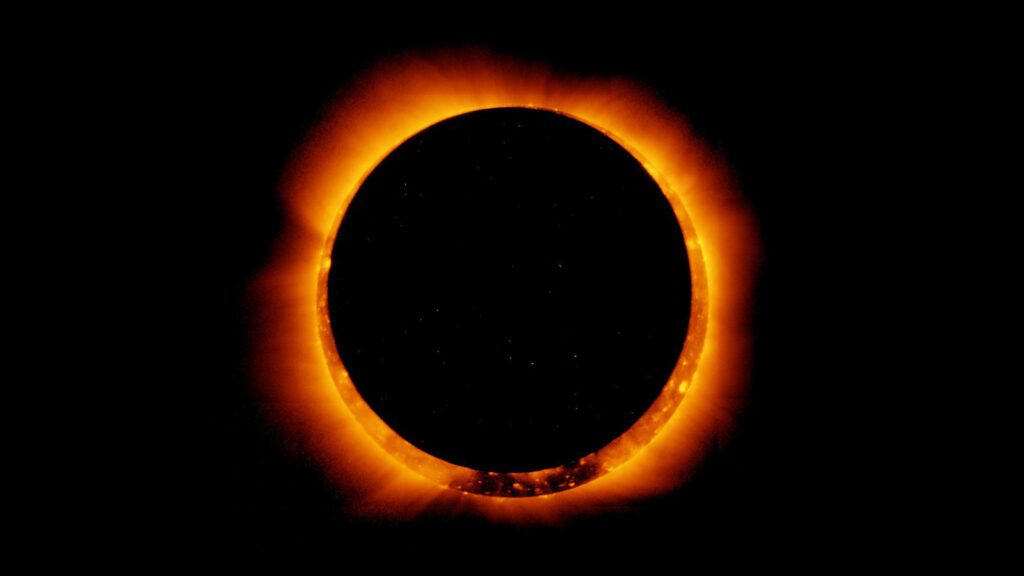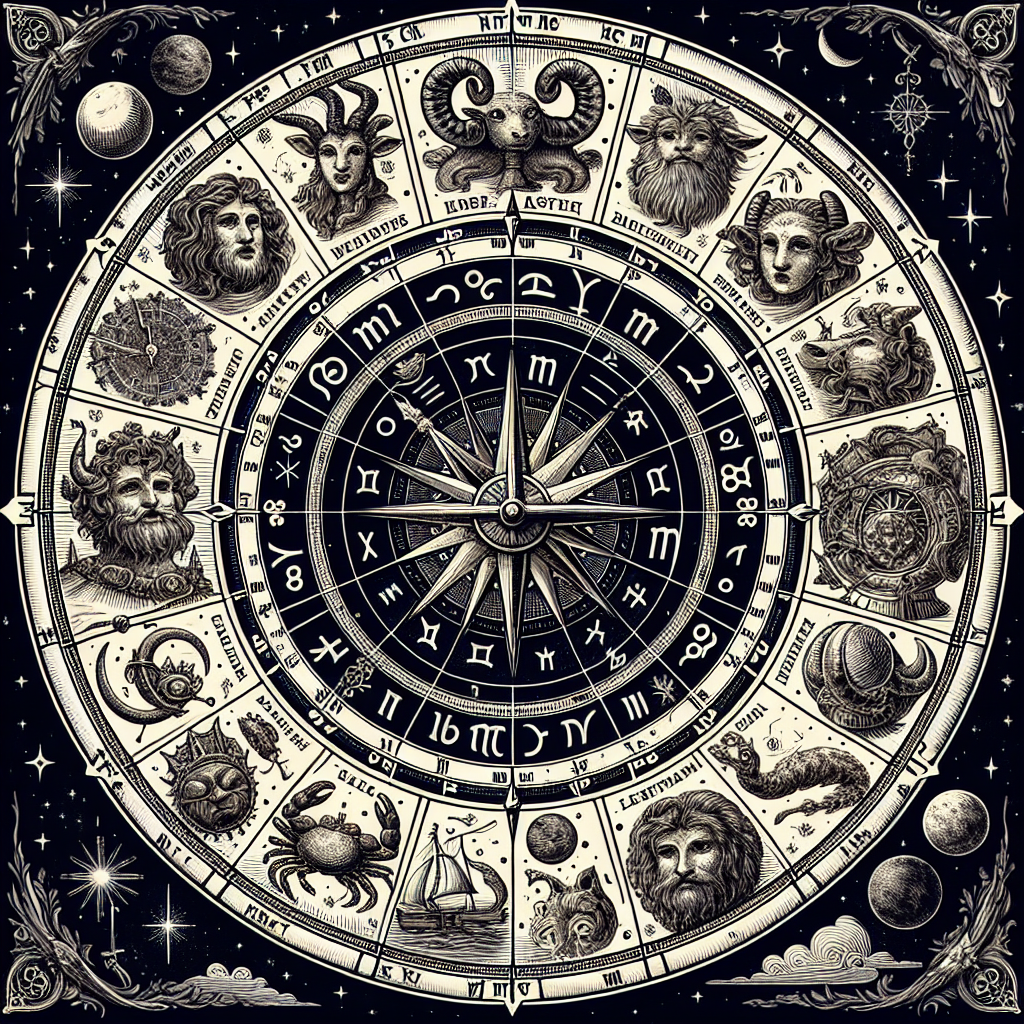
Astrology has been captivating human curiosity for over 4,000 years, starting with the ancient Babylonians around the 19th century BCE. It’s fascinating to see how different civilizations—from the Egyptians and Greeks to the Indians—have woven astrology into their culture, religion, and governance. Studying astrology connects you with this rich historical tapestry, offering a unique lens to view how our ancestors sought to understand the cosmos and its impacts on daily life.
Beyond its historical allure, astrology can be quite personal and introspective. It provides a framework to explore your own traits and relationships, using the positions of the planets to reflect on personality and life paths. Whether or not you take it as scientific, the reflective process encouraged by astrology can promote personal growth and a deeper understanding of yourself and others.
Plus, it’s a great way to feel connected to the natural world and the universe, tying our human experiences to the grand movements of celestial bodies. This connection can be especially meaningful in today’s fast-paced, tech-driven world. So, diving into astrology is not just about predicting the future; it’s about understanding the past and exploring oneself through a rich, symbolic language that has intrigued people for millennia.
The Planets in Brief – This section describes the physical aspects of the planets, their astrological significance, and how they have been portrayed in both contemporary and ancient global traditions of astrology. Astrology has been practiced in all cultures throughout human history. Although various religions have emerged and tried to divert attention from the astro-psychological and spiritual significance of the planets, astrology remains a consistent practice across cultures, predating the monotheistic religions of Judaism, Christianity, and Islam.
Although the planets represent pure forms of psychological and archetypal energy, their appearance in one’s birth chart can give this energy a unique personality twist. For instance, if someone has Mars in Aries in their natal chart, Mars operates at its purest and most undiluted form. Conversely, Mars’s energy is directed towards more compassionate and beneficial actions if Mars is in Pisces in one’s natal chart.
Consider the difference between someone whose passion is to explore space or other unknown territories (Mars in Aries) and someone whose passion is to help the underprivileged (Mars in Pisces). This section helps you understand how the natal sign placement of planets might influence your psyche.
In astrology, the house system divides the sky into twelve segments, each representing an area of life. Planets in these houses influence aspects such as personality, finances, communication, home, creativity, health, relationships, transformation, travel, career, friendships, and the subconscious. This helps astrologers interpret how planetary energies affect different life aspects. For example, if Venus is in your 7th house, which governs relationships, astrologers interpret this as Venusian energy influencing your partnerships. You value harmony and affection in relationships and will likely attract loving, balanced connections. This placement indicates natural charm and a desire for companionship and peace in interactions.
If Venus is in your 8th house, which governs transformation, shared resources, and deep connections, astrologers see Venusian energy influencing these areas. You value emotional and sexual intimacy and depth in relationships and experience significant transformation through them. You are drawn to meaningful connections and strongly interested in shared financial or emotional investments.

The Planets in houses
Learn your planets’ neighborhood

Nutrition
Mind, body, and soul are all connected

Book a reading
Conversations for the Soul